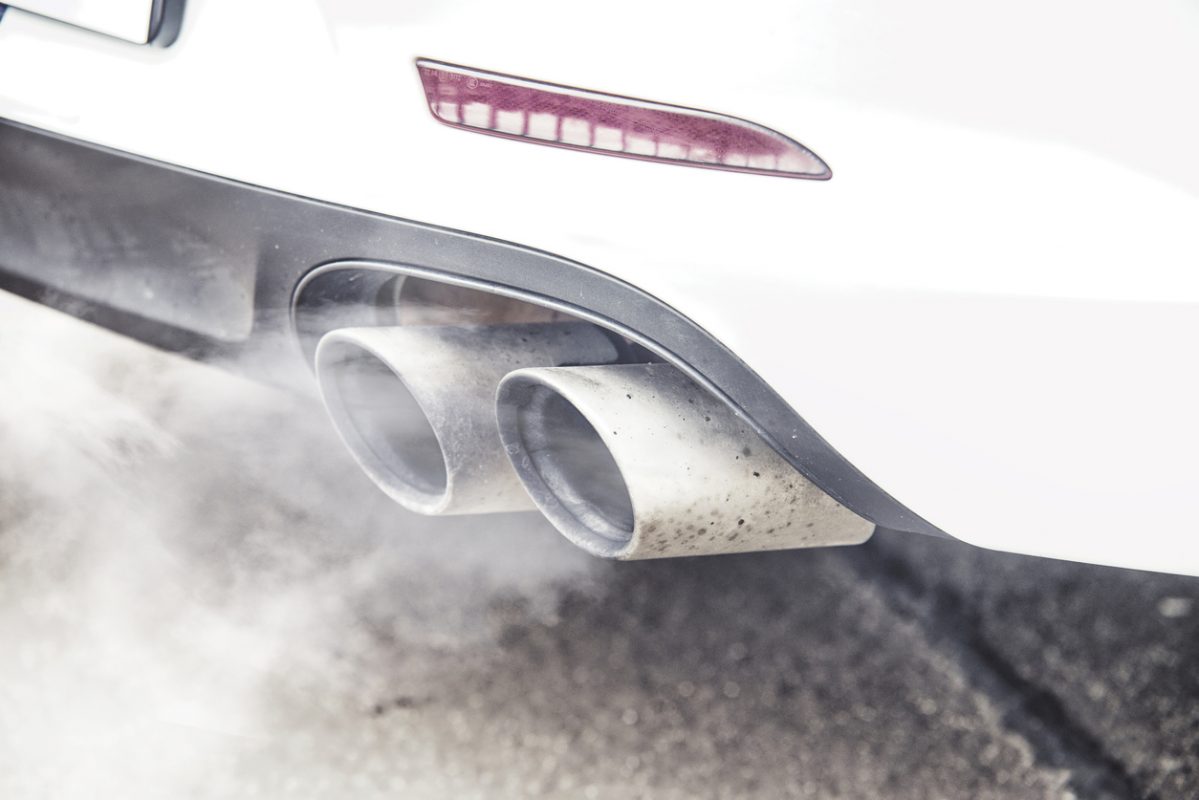New cars must be emission-free from 2035. E-fuels open as possible alternative. Switch to e-mobility drives demand for raw materials.
From 2035, only emission-free new cars are to be registered in the European Union. Negotiators from the EU member states and the European Parliament agreed on the de facto sales ban for vehicles with combustion engines on Thursday evening. As an interim target, a reduction of 55 percent in CO2 emissions for new passenger cars in 2030 was agreed, compared with the level in 2021. For new utility vehicles, the target is 50 percent.
In June, the environment ministers of the 27 EU member states had already given the green light for the proposal (we reported), and now a final agreement has been reached within the Union. The regulation is part of the Fit for 55 package, with which the EU aims to become climate-neutral by 2050. The agreed end to the combustion engine is intended to accelerate the switch to electromobility. It is still unclear whether there will be an exemption for internal combustion engines with e-fuels, i.e. synthetic fuels that are considered climate-neutral; the EU Commission will examine a proposal to this effect.
Similarly, in 2026, the Commission is to review whether the emission reduction targets are realistic and, by 2025, present a new method to assess the actual CO2 emissions of vehicles throughout their life cycle.
“EU Must Conclude Raw Materials Agreement as Soon as Possible”
Criticism of the EU decision comes from the German Association of the Automotive Industry (VDA), among others, as reported by Automobilwoche. It would be negligent to set targets for the period after 2030 without being able to make appropriate adjustments based on current developments, said VDA President Hildegard Müller. She stressed that the EU must now conclude energy partnerships and raw materials agreements as quickly as possible to ensure sufficient supplies for the future.
Photo: iStock/irontrybex


